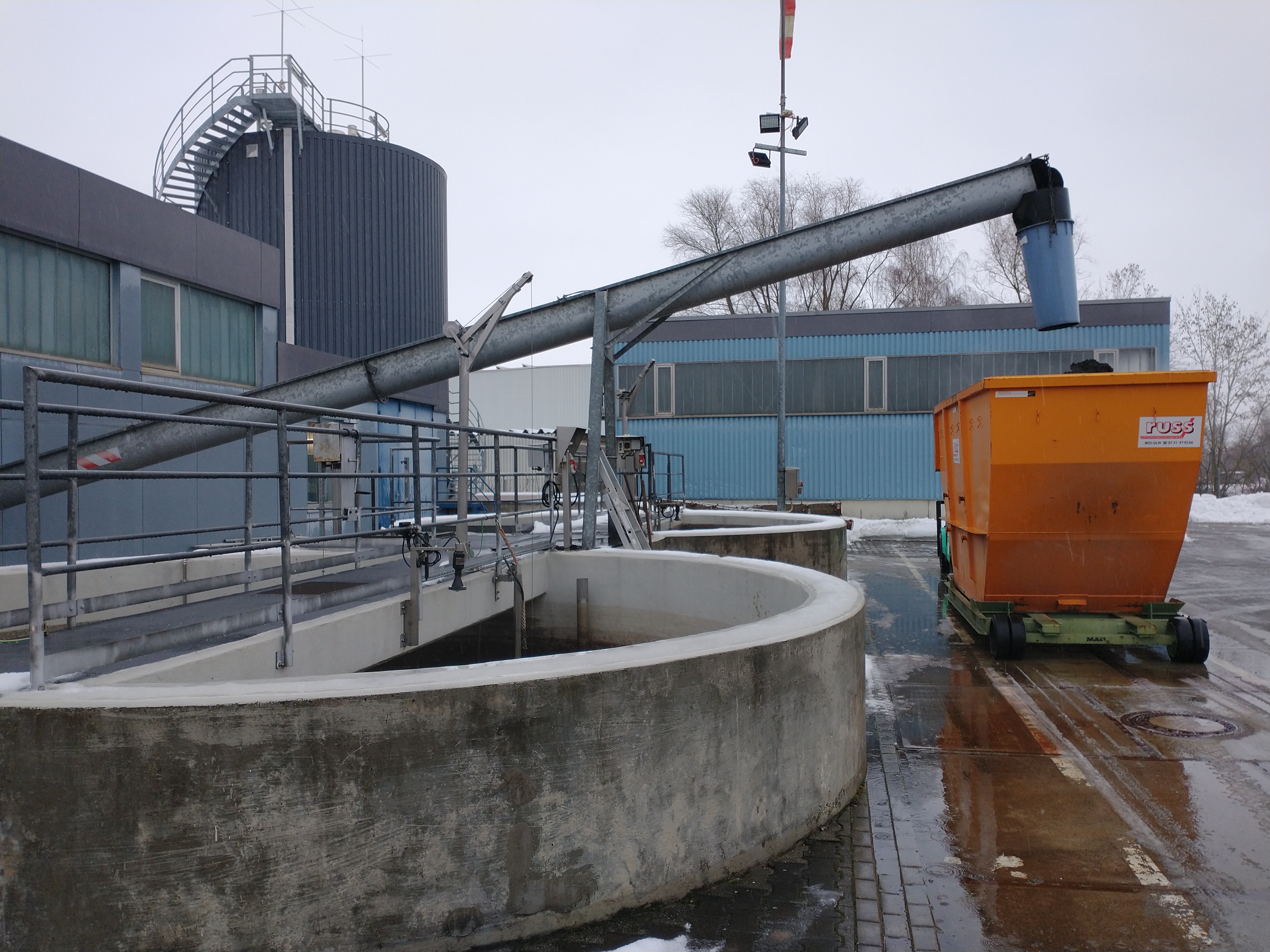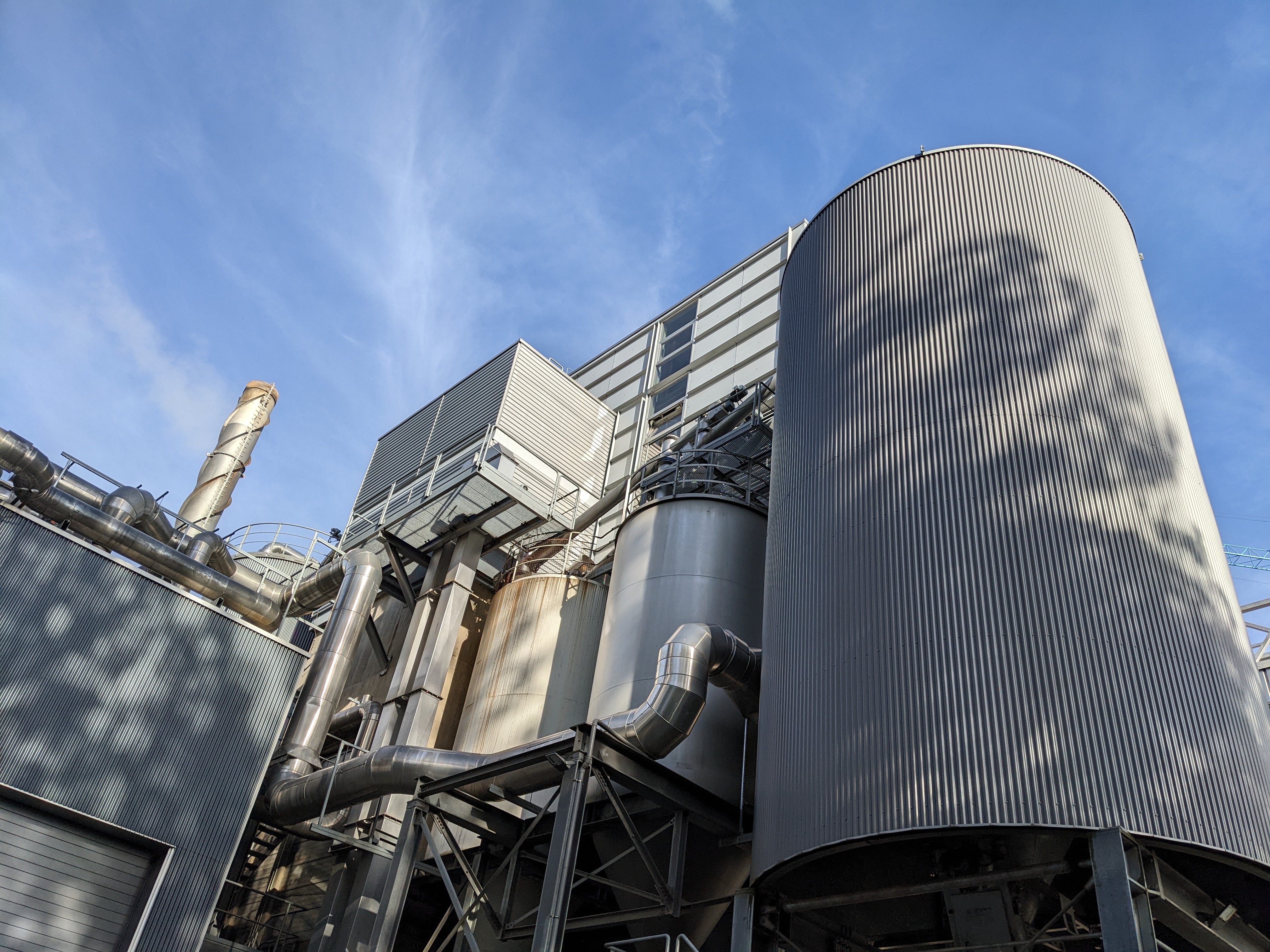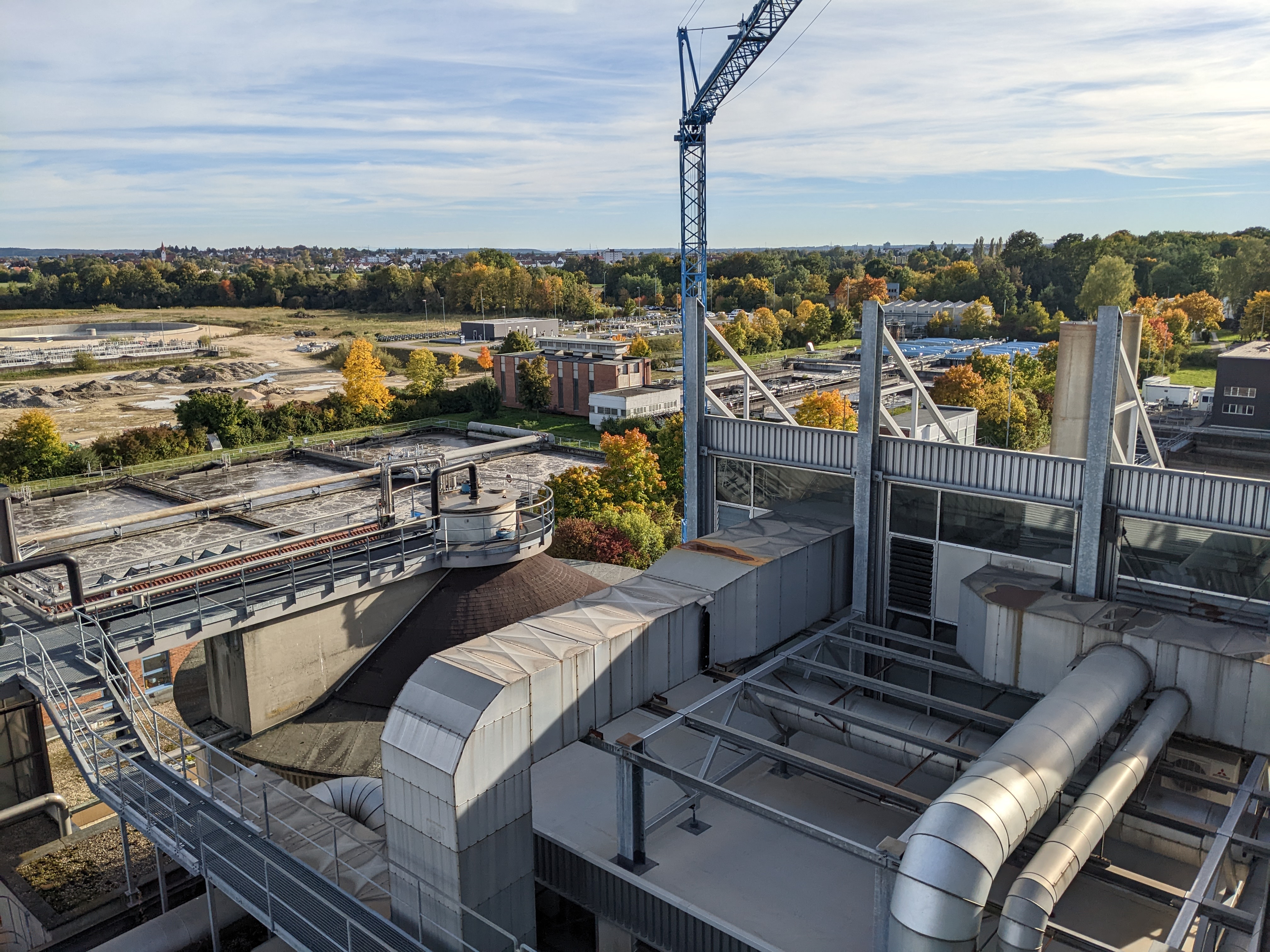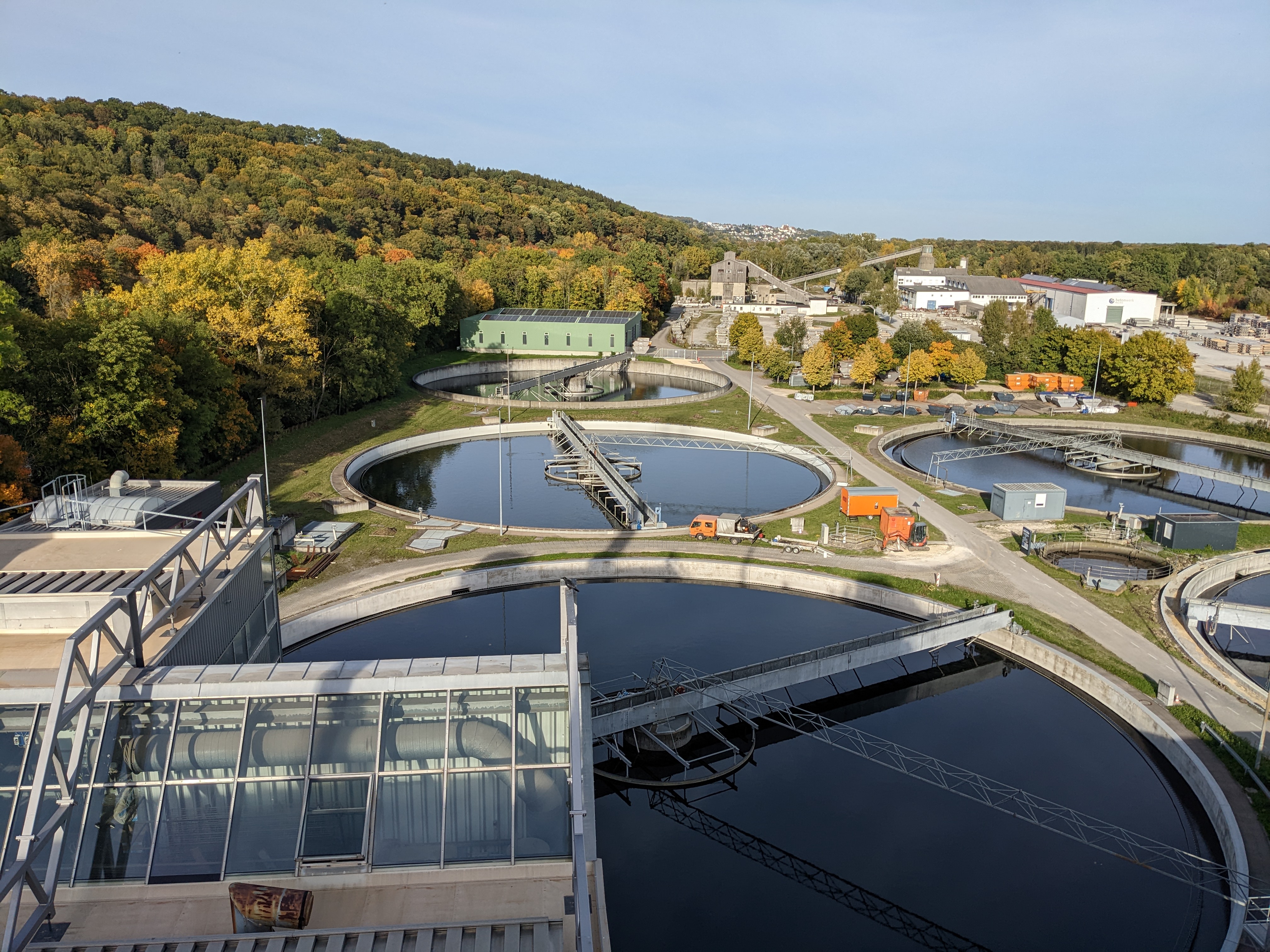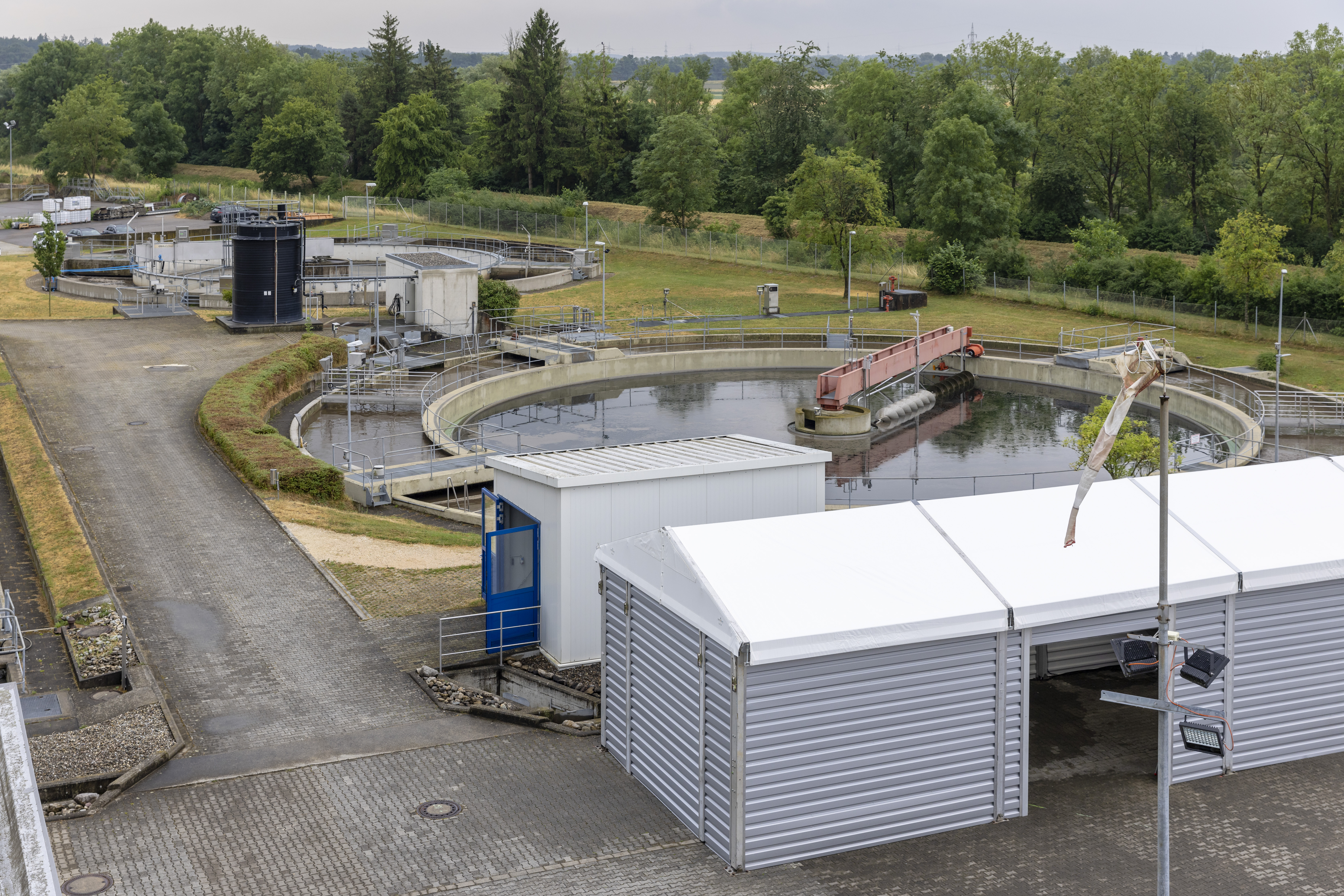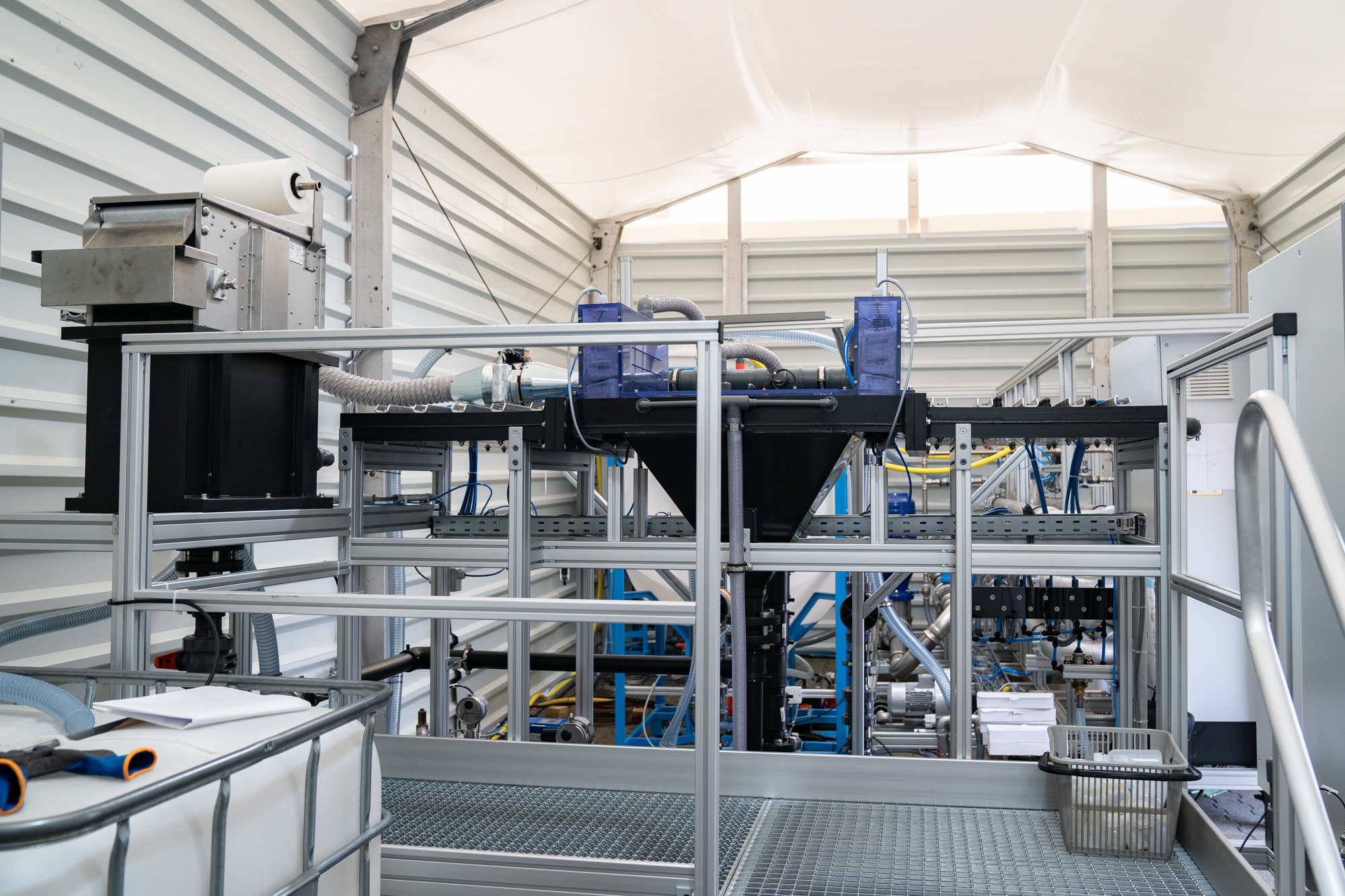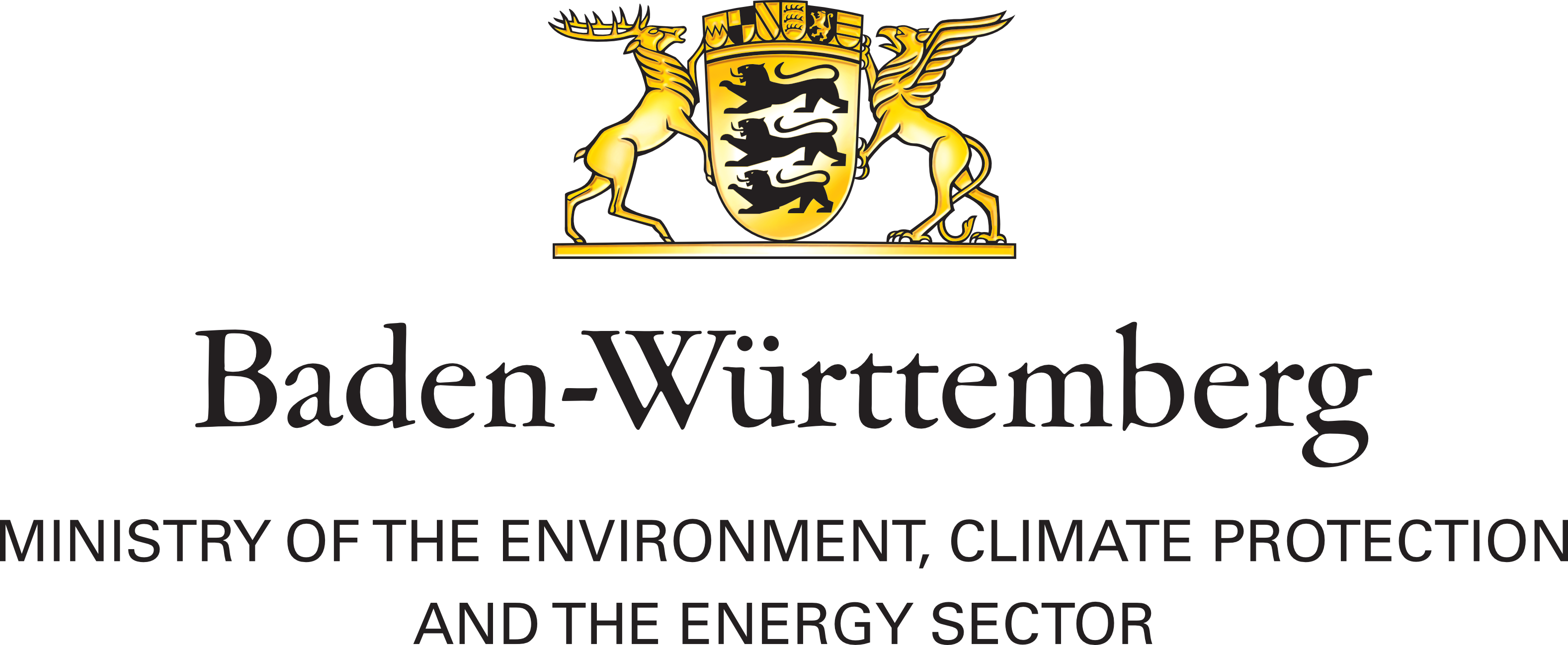Sewage treatment plants clean our wastewater – in Germany, over 9 billion cubic meters per year. They not only remove organic impurities, but also large amounts of nutrients such as nitrogen and phosphorus. However, with conventional wastewater treatment, the important plant nutrients are lost: nitrogen compounds are converted into molecular nitrogen, which escapes into the atmosphere as a gas, using a lot of energy. Phosphorus is usually precipitated in the form of water-insoluble iron or aluminum phosphates, which are not available to plants, and disposed of with the sewage sludge – even though natural phosphate deposits for the production of fertilizers are becoming increasingly scarce.
After three years of research, development and operation, the project “RoKKa – Raw Material Source Sewage Sludge and Climate Protection at Sewage Treatment Plants” shows that sewage treatment plants not only treat wastewater, but can also contribute to a climate-friendly circular economy. At the Erbach (Danube) sewage treatment plant, ten project partners have piloted and tested forward-looking processes for recovering raw materials from wastewater over several months. A total of seven innovative demonstration plants were operated for this purpose, each of which can also be integrated as a stand-alone module into existing sewage treatment plants.
The results are also relevant in view of the entry into force of the revised Urban Waste Water Treatment Directive on January 1, 2025. According to this, stricter limit values for phosphorus and nitrogen elimination will apply in the EU in the future in order to further reduce nutrient discharges into water bodies.
Sewage sludge as a source of raw materials
RoKKa makes use of the established process of sewage sludge digestion, in which organic solids in the wastewater are fermented to produce biogas as a renewable energy source. Since 2016, a high-load digestion plant at the Erbach sewage treatment plant has been converting the sludge into biogas faster and more efficiently than conventional digestion plants. After digestion, the sludge is dewatered using a chamber filter press to reduce its volume. The filtrate from the dewatering process contains high concentrations of the plant nutrients phosphorus and nitrogen.
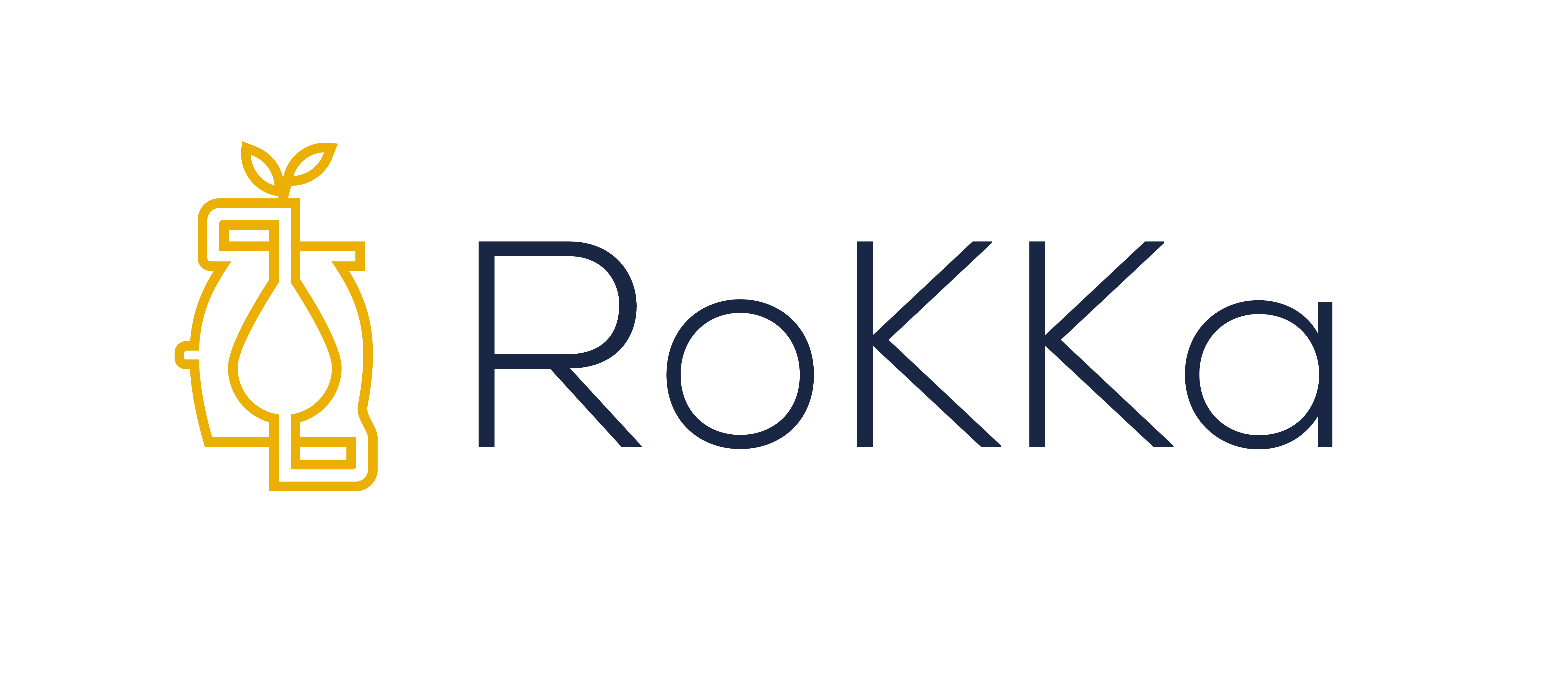
 Fraunhofer Institute for Interfacial Engineering and Biotechnology IGB
Fraunhofer Institute for Interfacial Engineering and Biotechnology IGB